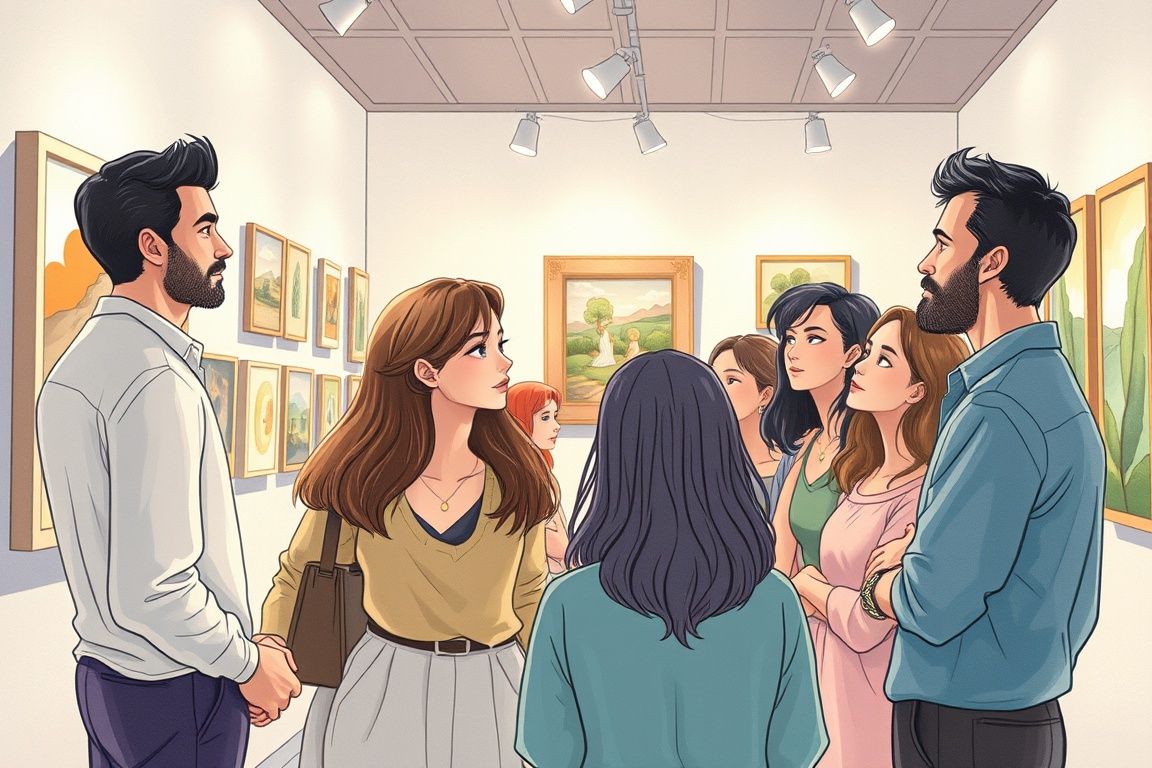The Philosophy of Visual Art

This course explores deeper philosophical questions about the role of photography and videography as art forms. Participants will discuss topics such as the relationship between reality and representation, artistic intent, and the impact of digital manipulation.
Why It’s Worth It
Gain a deeper understanding of the role of photography and videography as art forms, enriching your artistic perception.
Explore philosophical theories that enhance critical thinking skills, enabling you to articulate your views on visual art more effectively.
Learn to critically evaluate digital manipulation's effect on art, equipping you with the tools to navigate contemporary ethical discussions.
Your Learning Roadmap
Foundations of Visual Art and Philosophy
This module lays the groundwork by defining visual art within a philosophical context. It explores basic aesthetic principles, providing historical and theoretical perspectives that set the stage for deeper analysis of photography and videography as art forms. Understanding Visual Art Philosophy and Aesthetics Art as Experience
Philosophy of Photography
This module focuses on photography, discussing how it mediates the relationship between reality and artistic expression. Students will analyze seminal ideas from works like Camera Lucida and consider how photographic techniques influence our interpretation of the truth. The Nature of Photography Reality versus Representation Insights from Camera Lucida
Videography and Narrative Expression
This module investigates how videography extends the principles of photography into motion and narrative. Learners will assess how filmmakers use visual techniques to convey meaning and emotion, emphasizing artistic intent and narrative structure in video art. Evolution of Videography Narrative in Video Art Artistic Intent in Videography
Digital Manipulation and Ethical Considerations
This module looks at how digital technology transforms visual art. It covers the use of digital manipulation in photography and videography, addressing both creative innovation and ethical dilemmas. Learners will be encouraged to critically evaluate how digital alterations influence authenticity and artistic integrity. Technologies Changing Art Digital Realism vs. Manipulation Ethical Considerations in Art
Philosophical Theories in Visual Expression
This module examines intellectual frameworks that underpin modern interpretations of visual art. Through discussions of influential texts including Benjamin's work, learners will explore theories regarding authenticity, reproducibility, and the evolving nature of art in contemporary society. Modern Art Theories Critical Approaches in Art The Impact of Reproduction
Contemporary Debates and Practical Applications
The final module brings together theoretical insights and current trends in visual art. Students will engage with real-world examples and case studies, examining how emerging technologies and shifting cultural values continue to redefine art. This module offers an opportunity to critically reflect on personal artistic practice. Contemporary Values in Visual Art Future Directions in Aesthetics Case Studies and Portfolio Analysis
What Users Are Saying
All You Need to Know
Join the Visual Art Journey
Engage in real-time discussions with your AI tutor.
Receive instant feedback on your questions and insights.
Access a flexible learning experience at your pace.
Explore practical applications of philosophical theories.
Analyze real-world case studies and your own portfolio.
Interact with a community of like-minded learners.
